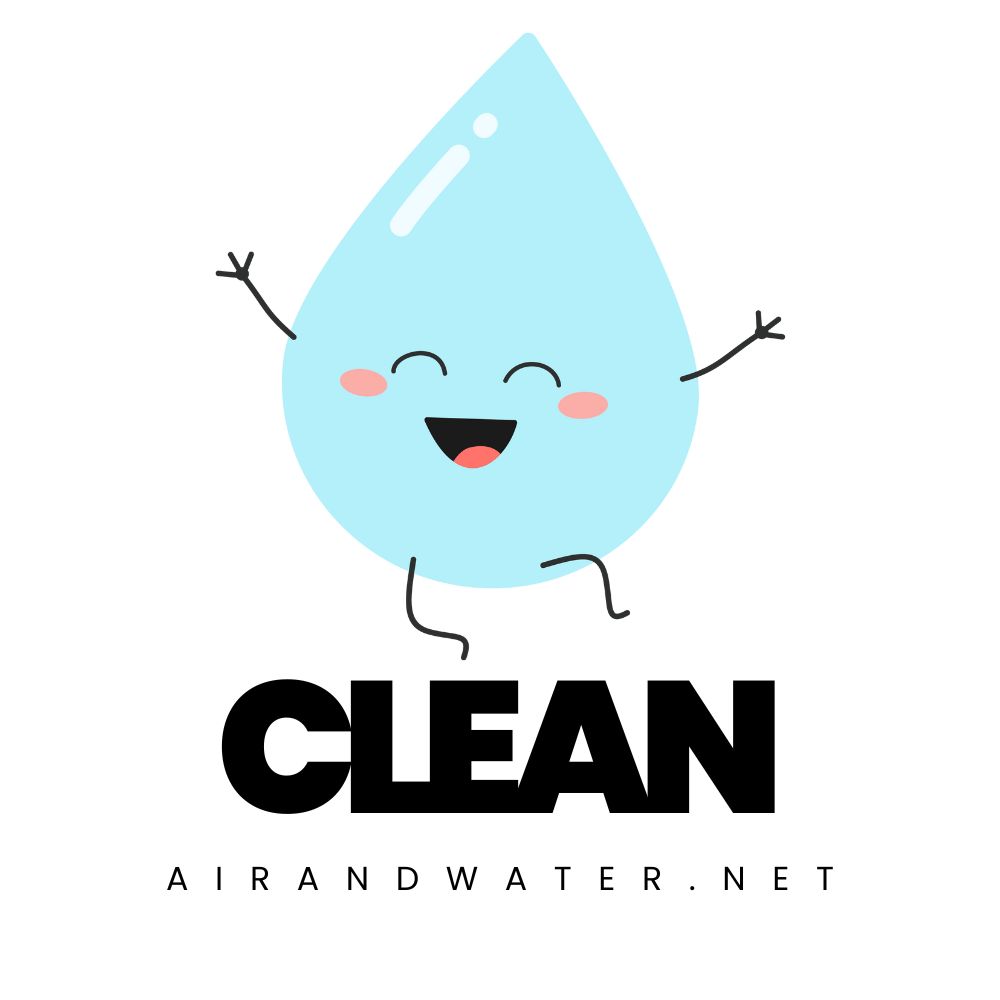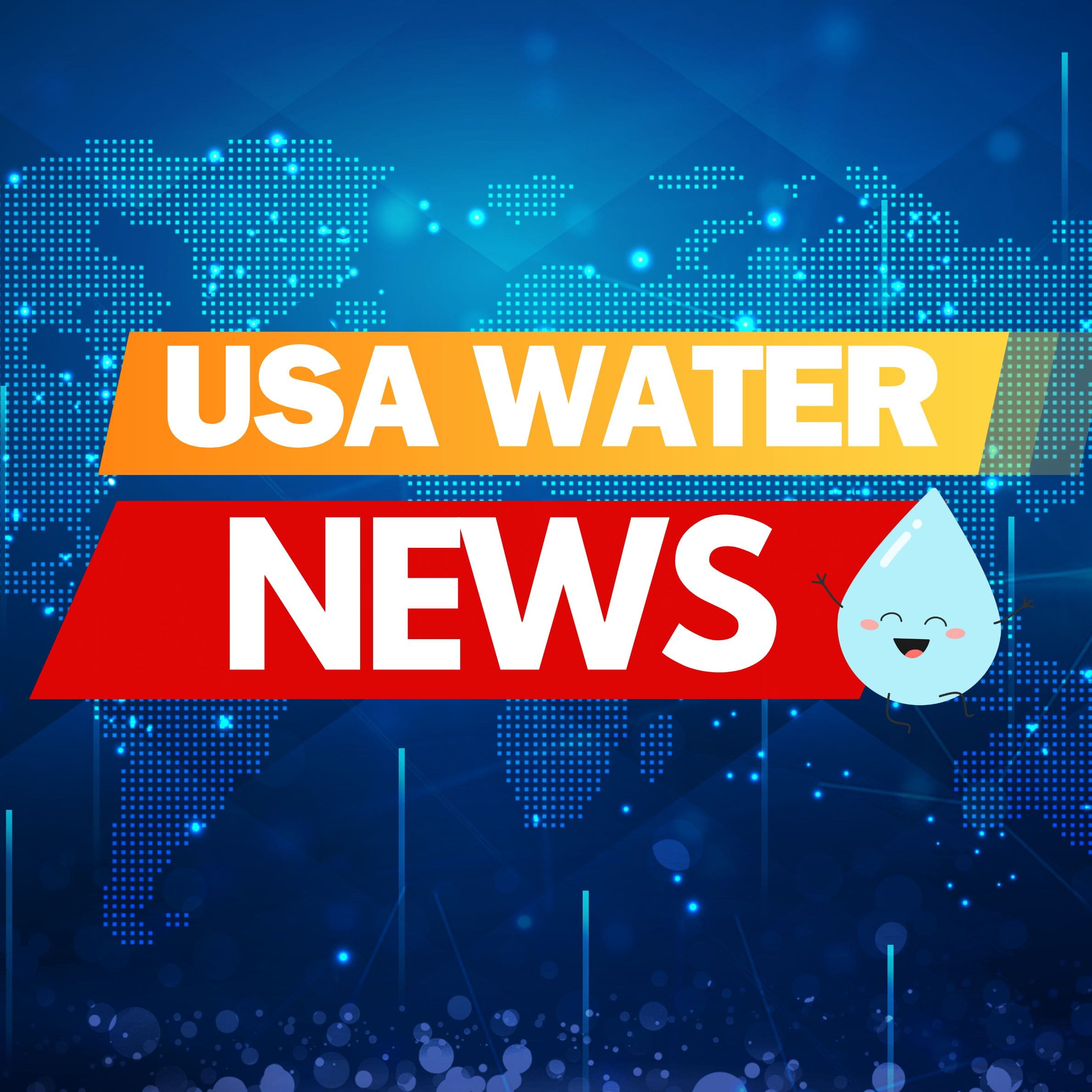Jersey City Water Quality at a Glance
major concerns
Is Jersey City Water Safe to Drink?
Generally Yes, With Significant Caution – Most Jersey City water systems meet federal standards, but the city faces PFAS contamination affecting its 292,000 residents. Additional concerns include chromium-6 at 90 ppt (3x higher than safe levels), arsenic levels 26x above health guidelines, and elevated disinfection byproducts. Jersey City ranked 64th out of 70 U.S. cities for water contamination in recent studies, with multiple cancer-linked contaminants detected.
⚠️ Key Concerns for Jersey City Residents
- PFAS “Forever Chemicals”: All 292,000 Jersey City residents potentially exposed; part of NJ’s 500,000+ affected residents statewide
- Chromium-6: Detected at 90 ppt in 2015 testing – over 3 times above safe cancer risk levels (last tested 2015, current levels unknown)
- Arsenic: Environmental Working Group found levels 26 times above their health guideline – linked to cancer and organ damage
- Disinfection Byproducts: Elevated trihalomethanes including chloroform and bromodichloromethane increasing cancer risk
Read the full report below for detailed analysis, city-specific data, and actionable recommendations for Jersey City residents.
Jersey City – New Jersey – Water Quality Report 2025: PFAS Testing, Infrastructure Concerns & Safety across your city
The Jersey City Municipal Utilities Authority (JCMUA) provides comprehensive water and sewer services to approximately 292,000 residents across New Jersey’s second-largest city. Established as a municipal utility, the system encompasses over 240 miles of water distribution lines and maintains 5,000 catch basins throughout the city. Jersey City receives water that meets federal standards but faces significant contamination challenges, with an average daily delivery capacity serving residential, commercial, and institutional customers including schools, hospitals, and major businesses in this bustling Hudson County metropolis.
Jersey City sources its drinking water primarily from the Boonton Reservoir in Morris County, with supplementary supply from the Split Rock Reservoir in Rockaway Township. Water is treated at the Jersey City Water Treatment Plant in Boonton before traveling through 26 miles of aqueducts to reach the city. The JCMUA has made significant commitments to infrastructure modernization, including a groundbreaking $288 million Lead Free JC program to replace all 16,000 lead service lines by 2031, and a comprehensive agreement with federal agencies to upgrade sewer systems and reduce pollution in the Hudson River and Newark Bay.
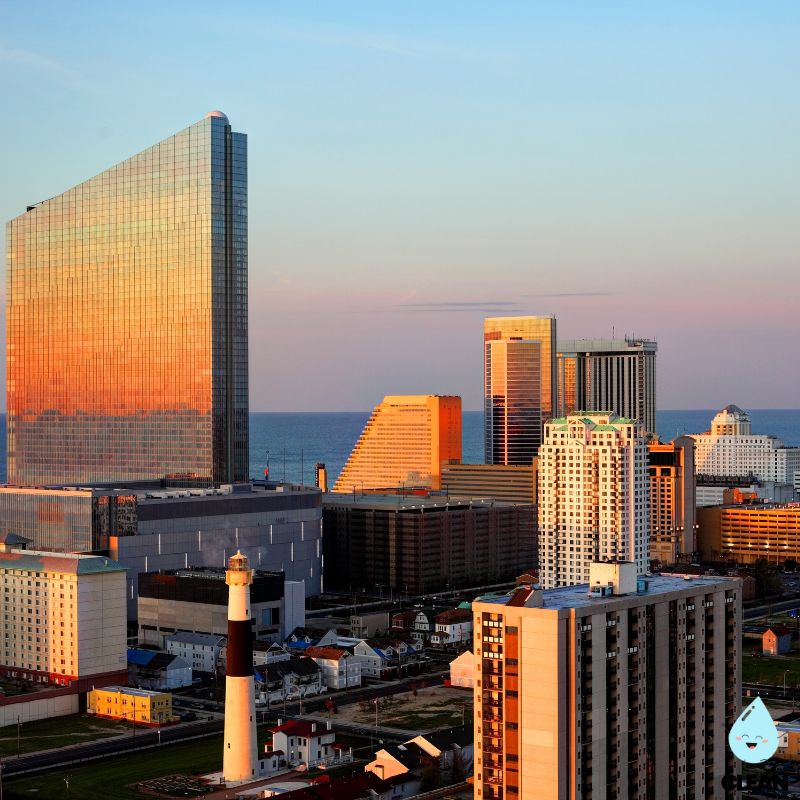
Jersey City Water Quality: Current Status (2024-2025)
Latest Testing Results
- Federal Compliance: Jersey City’s tap water meets federal drinking water standards but contains concerning levels of multiple contaminants including PFAS, chromium-6, and arsenic that exceed health guidelines set by environmental groups.
- Lead Monitoring: Recent testing shows lead levels at a 90th percentile concentration of 4.39 parts per billion, well below the federal action level of 15 ppb, though health experts emphasize no level of lead is considered safe.
- Contamination Ranking: Jersey City ranked 64th out of 70 U.S. cities for water contamination in recent studies, with trihalomethanes scoring 3.68 compared to top-ranked Madison, WI at 0.38.
Water Sources and Treatment
- Boonton Reservoir: Primary source providing the majority of Jersey City’s water supply, located in Morris County with source water quality protection measures.
- Split Rock Reservoir: Secondary source in Rockaway Township providing system redundancy and additional supply security during peak demand or emergency situations.
- Treatment Limitations: Water is processed at the Jersey City Water Treatment Plant in Boonton using multi-barrier treatment including coagulation, sedimentation, filtration, and disinfection, but treatment processes create disinfection byproducts and may not remove all emerging contaminants like PFAS.
Infrastructure Modernization
- Lead Free JC Program: Ambitious $288 million initiative launched in 2022 to replace all 16,000 lead service lines citywide by 2031, with approximately 1,000 replacements annually prioritizing vulnerable populations.
- Distribution System Upgrades: Installation of over 40 advanced insertion valves since 2020 to improve system control and reduce service interruptions, replacing some valves nearly 150 years old.
- Federal Agreement: 2022 consent decree with EPA and DOJ requiring significant improvements to combined sewer systems and drinking water infrastructure to reduce pollution and protect public health.
Environmental Justice and Health Protection
- Priority Communities: Lead service line replacement prioritizes disadvantaged communities and populations most sensitive to lead exposure, including households with children and pregnant women.
- PFAS Concerns: New Jersey leads the nation in PFAS regulation, but Jersey City residents are part of the 500,000+ New Jerseyans exposed to PFAS contamination, with state monitoring showing detection in 63% of NJ water systems serving 84% of the population.
- Community Outreach: Comprehensive public education programs including the Lead Free JC website, multilingual resources, and dedicated customer support hotline for water quality concerns and service line identification.
Customer Support and Transparency
JCMUA provides extensive customer services including free lead testing assistance, water quality reports, and 24/7 emergency response. The utility’s commitment to transparency includes regular public meetings, detailed water quality reporting, and the innovative Lead Free JC online portal where residents can check their service line material and track replacement progress. Jersey City’s proactive approach to water infrastructure reflects its dedication to protecting public health while addressing legacy challenges and emerging contaminants in one of America’s most densely populated urban areas. Given the documented presence of multiple contaminants above health guidelines, many residents may benefit from additional water filtration systems.
Recommendations for Jersey City Residents

Check Your Service Line
Visit leadfreejc.com to check if your property has a lead service line. If listed as “unknown,” follow the step-by-step instructions to identify your service line material and report it to JCMUA at leadfreejc@jcmua.com or (201) 365-6189.
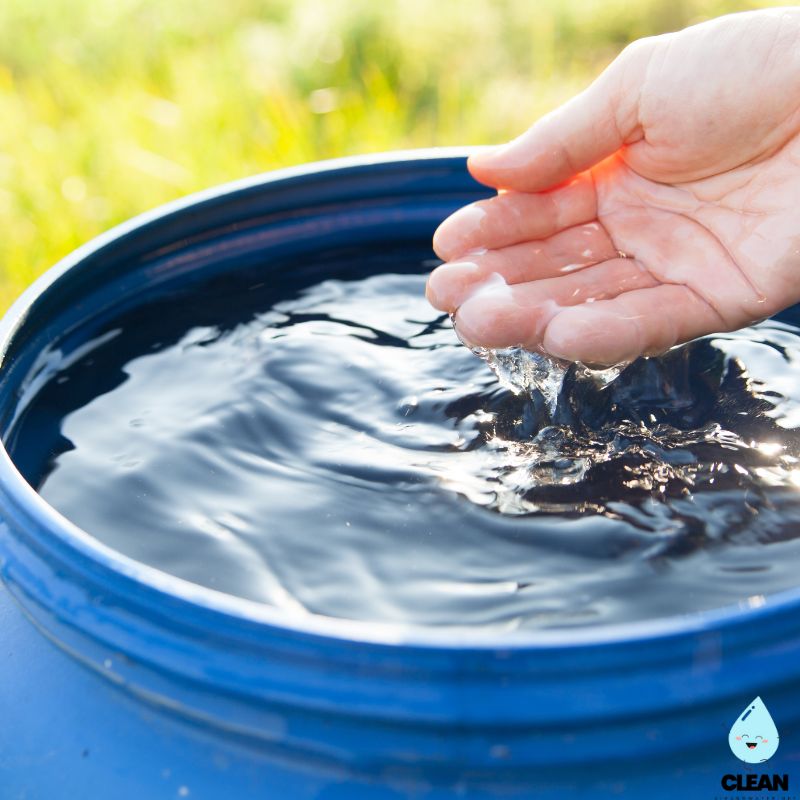
Get Your Water Tested
Consider independent water testing for PFAS, chromium-6, arsenic, and other contaminants of concern. Contact certified laboratories for comprehensive testing, especially if you have vulnerable family members including children, pregnant women, or elderly residents.

Install Water Filtration
Given Jersey City’s documented contamination issues including PFAS, chromium-6, and disinfection byproducts, NSF-certified filters designed to reduce these specific contaminants are highly recommended for all households, especially those with children or health concerns.
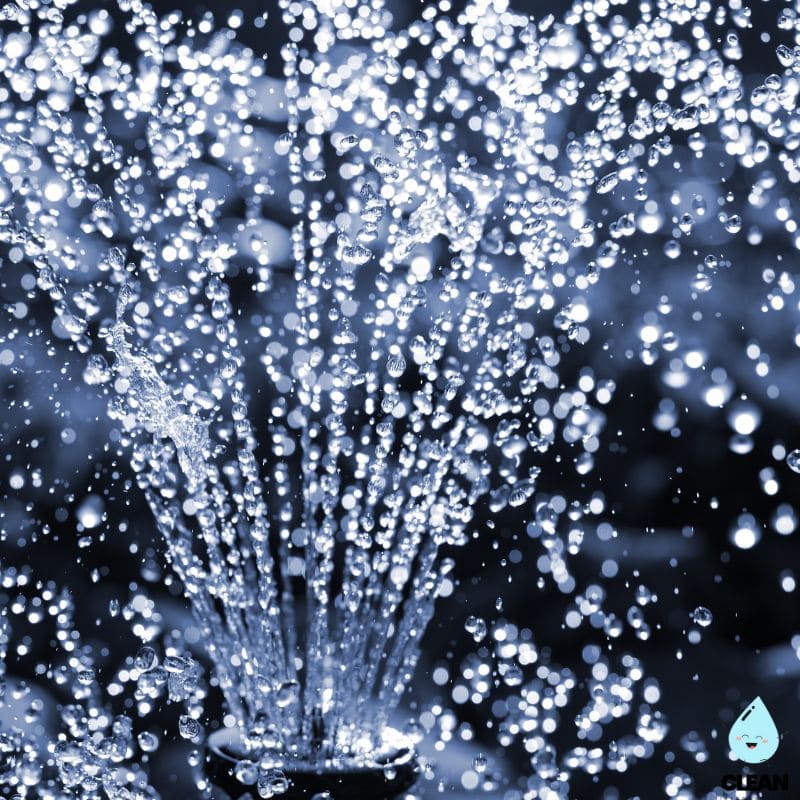
Support Green Infrastructure
Participate in Jersey City’s green infrastructure initiatives by installing rain gardens, permeable surfaces, or rain barrels to reduce stormwater runoff and protect water quality in the Hudson River and Newark Bay watersheds.
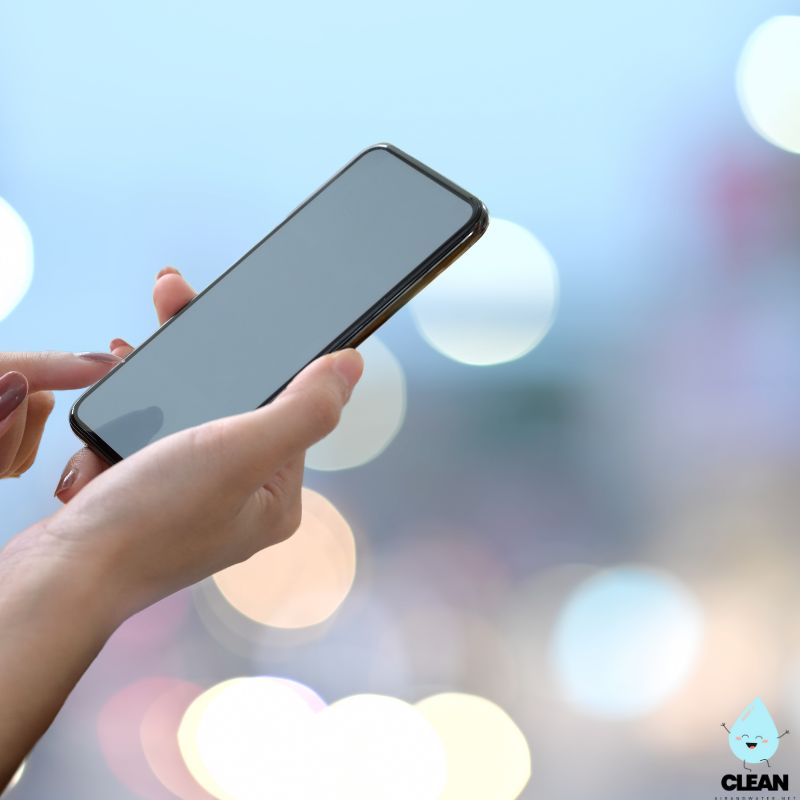
Report Water Issues
Contact JCMUA immediately at (201) 432-1150 for water emergencies, quality concerns, or infrastructure problems. For lead service line questions, call the dedicated Lead Free JC hotline at (201) 365-6189.
Frequently Asked Questions
Is Jersey City’s tap water safe to drink?
Jersey City’s tap water meets federal standards but contains concerning levels of multiple contaminants. The water comes from protected reservoirs, but treatment processes cannot remove all emerging contaminants like PFAS.
JCMUA conducts regular testing and maintains compliance with EPA regulations. However, Jersey City ranked 64th out of 70 U.S. cities for water contamination, with documented presence of PFAS, chromium-6 at levels 3x above safe cancer risk guidelines, and arsenic levels 26x above health recommendations. Many residents may benefit from additional filtration, especially vulnerable populations including children and pregnant women.
What is the Lead Free JC program?
Lead Free JC is Jersey City’s proactive $288 million program to replace all 16,000 lead service lines in the city by 2031. The program began in 2022 and replaces approximately 1,000 lead service lines annually.
Priority is given to disadvantaged communities and households with populations most sensitive to lead exposure, including children and pregnant women. Property owners can have their lines replaced by JCMUA contractors at no cost, or hire their own contractor and apply for the Authority’s credit program. The program follows successful lead remediation in Jersey City public schools and represents one of the most ambitious lead service line replacement efforts in the nation.
Are there PFAS “forever chemicals” in Jersey City water?
Yes, PFAS contamination affects Jersey City residents as part of the estimated 500,000+ New Jerseyans exposed to these “forever chemicals.” New Jersey monitoring shows PFAS detected in 63% of water systems statewide, serving 84% of the population.
The state implemented some of the nation’s first enforceable drinking water standards for certain PFAS compounds in 2024, with maximum contaminant levels of 4 parts per trillion for PFOA and PFOS. Jersey City’s water utility monitors for these emerging contaminants and will need to implement treatment technologies to maintain compliance. New Jersey’s proactive approach provides stronger protections than most states, but PFAS exposure remains a significant concern requiring ongoing monitoring and potential treatment upgrades.
What should I do if my water looks or tastes different?
Changes in taste, odor, or appearance can occur due to various factors including seasonal changes in source water, treatment process variations, disinfection byproduct formation, or internal plumbing issues.
If you notice persistent changes in your water quality:
• Run cold water for several minutes to flush internal plumbing
• Contact JCMUA customer service at (201) 432-1150 to report the issue
• Request water quality testing if concerns persist
• Consider independent testing for contaminants not routinely monitored
JCMUA maintains 24/7 customer service and will investigate any water quality concerns promptly. Given Jersey City’s documented contamination issues, persistent taste or odor changes should be taken seriously and may warrant professional water testing.
Quality News About Your Water
Get the comprehensive water quality news coverage you need with our dedicated US Water News Service. From coast to coast, we deliver in-depth reporting and expert analysis on PFAS contamination, EPA regulatory changes, infrastructure developments, and emerging water safety issues affecting communities nationwide. While mainstream media only covers the biggest stories, we provide the detailed, ongoing coverage that helps you understand the full scope of America’s water challenges. Whether you’re a concerned citizen, water professional, or community leader, our daily updates and analytical insights keep you informed about the issues that matter most to public health and environmental safety.
Contaminants of Concern

Lead in Service Lines
Source: Primarily from lead service lines and lead-containing plumbing in older buildings constructed before 1986; Jersey City has an estimated 16,000 lead service lines
Health Effects: No safe level of lead exposure exists; can cause developmental delays in children, cardiovascular effects in adults, and impacts on the nervous system
Current Status: Recent testing shows 90th percentile of 4.39 ppb, below federal action level but still requiring proactive replacement JCMUA Action: Lead Free JC program replacing all lead service lines by 2031 at $288 million investment

PFAS “Forever Chemicals”
Source: Per- and polyfluoroalkyl substances from industrial processes, firefighting foams, and consumer products that persist in the environment and accumulate in water sources
Health Effects: Linked to cancer, liver damage, thyroid disease, decreased fertility, high cholesterol, and immune system impacts; chemicals do not break down naturally
Current Status: Jersey City residents are among 500,000+ New Jerseyans exposed to PFAS contamination, with detection in 63% of state water systems serving 84% of population NJ Standards: Strictest PFAS limits in the US at 4 ppt for PFOA and PFOS, implemented in 2024
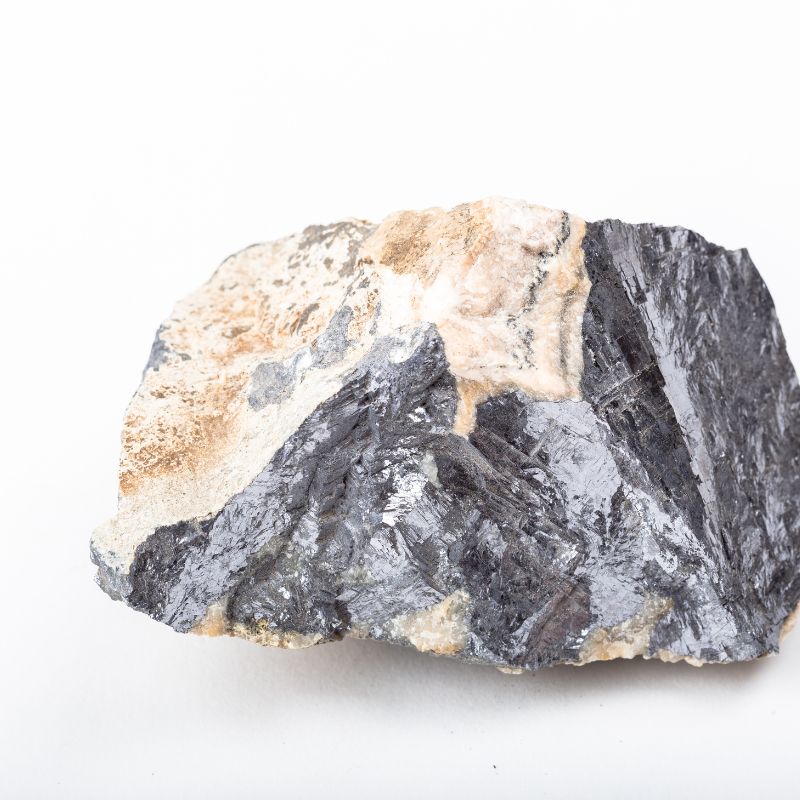
Chromium-6 (Hexavalent Chromium)
Source: Industrial contamination and natural mineral deposits; elevated levels found in Jersey City’s distribution system from industrial activities and naturally occurring sources
Health Effects: Known human carcinogen linked to lung cancer when inhaled and potential stomach cancer when ingested; can cause liver and reproductive system damage
Current Status: Jersey City detected at 90 ppt in 2015 testing – over 3 times above EWG’s safe cancer risk level of 0.02 ppb; current levels unknown as testing hasn’t been updated since 2015

Arsenic Contamination
Source: Naturally occurring in minerals, soil and bedrock, but can also enter groundwater from pesticides, herbicides, and industrial sources
Health Effects: Known human carcinogen causing skin, lung, bladder, and kidney cancers; also linked to cardiovascular disease, diabetes, and neurological effects
Current Status: Environmental Working Group detected arsenic in Jersey City at levels 26 times above their health guideline, though within federal limits; elevated levels pose long-term cancer risk

Disinfection Byproducts (DBPs)
Source: Formed when chlorine-based disinfectants interact with naturally-occurring organic matter during water treatment; includes trihalomethanes like chloroform and bromodichloromethane
Health Effects: Increased cancer risk, liver and kidney problems, and potential reproductive and developmental effects from long-term exposure
Current Status: Jersey City scored 3.68 for trihalomethanes compared to top-ranked Madison, WI at 0.38; elevated levels indicate significant formation of cancer-linked disinfection byproducts
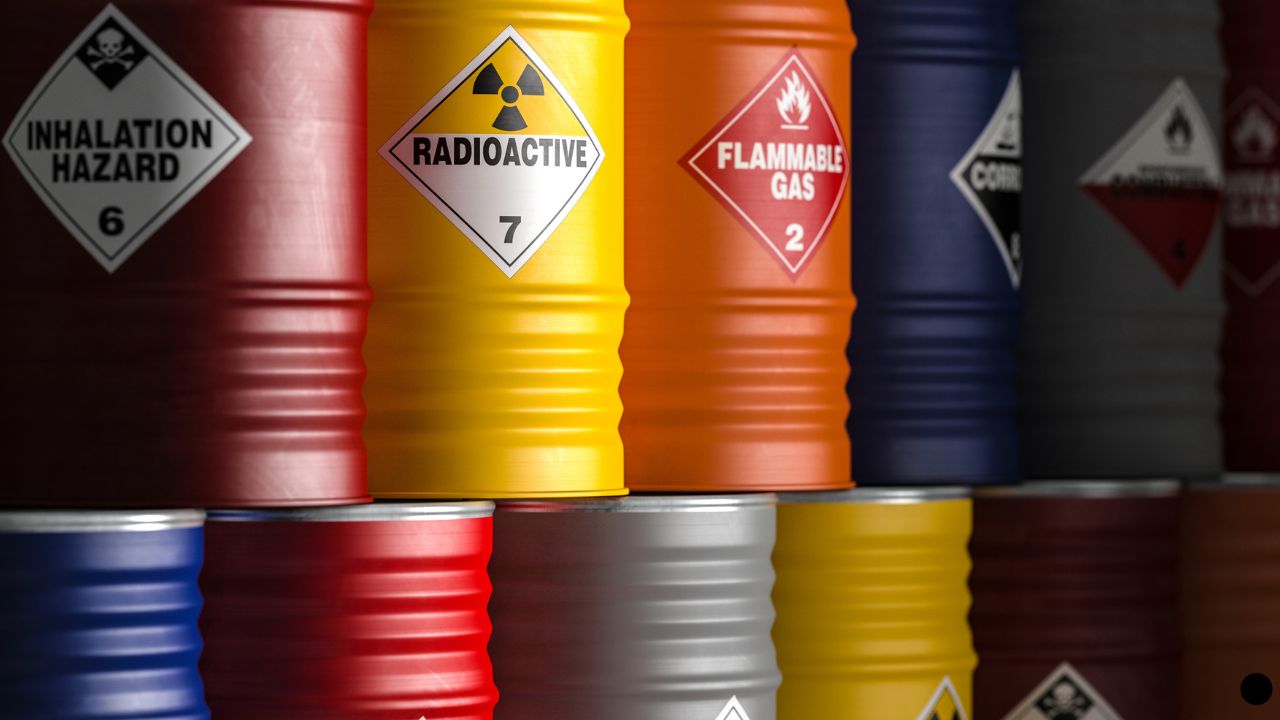
Additional Contaminants
Haloacetic Acids: Another group of disinfection byproducts including monobromoacetic acid, detected in Jersey City water and linked to increased cancer risk and reproductive effects
Manganese: Naturally occurring element detected in Jersey City water that can impair children’s attention, memory, and intellectual capacity at elevated levels
Chlorate: Disinfection byproduct that impairs thyroid function, making exposure most harmful during pregnancy and childhood development
Please read – our information
The information presented on cleanairandwater.net is compiled from official water quality reports, trusted news sources, government websites, and public health resources. While we strive for accuracy and thoroughness in our presentations, we are not scientists, engineers, or qualified water quality professionals.
Our mission is to present water quality information in an accessible, real-world format that helps people understand what’s in their water and make informed decisions about their health and safety. We believe that complex environmental information should be available to everyone in a format that’s easy to understand.
We make every effort to ensure our content is current and accurate, but we cannot guarantee that all information is complete or error-free. This website should not replace official communications from your local water utility or health department. We always recommend consulting official sources for the most up-to-date information regarding your specific water system.
Clean Air and Water is not liable for any unintentional errors, omissions, or outdated information. The content on this site is provided for informational purposes only and should not be considered professional advice.
